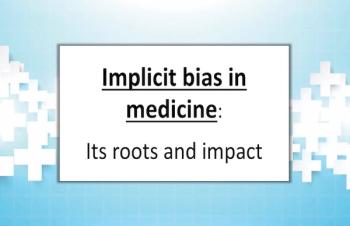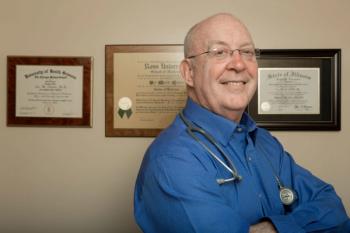
All News



The organization disagrees with the Trump administration’s move to remove federal protections for transgender people under the Affordable Care Act.

28-day mortality was reduced by 41 percent for those requiring ventilation and 25 percent for those requiring oxygen, according to the RECOVERY study.

For full forgiveness, practices must use the funds as outlined in the law

Data from the COVID tracking project on coronavirus cases, test results and more.

The health care community weighs in on how to make insulin affordable.


Primary care was in crisis in the United States - and then COVID-19 happened.

Chloroquine phosphate and hydroxychloroquine sulfate, drugs touted by President Trump, were found to not be effective to treat COVID-19, according to the FDA.

Factors such as financial security, food security, social isolation, housing security and more impact all aspects of a patient’s care.

Data from the COVID tracking project on coronavirus cases, test results and more

Far from being risky or ill-timed, my transition to concierge medicine has benefited both me and my patients in ways that continue to beautifully unfold.

Human stories have the ability to help patients cope


A scribe can help a physician focus on patient care and improve outcomes.

The recommendations came in letters to major U.S. health insurers and health insurance associations.

Data from the COVID tracking project on coronavirus cases, test results and more.

The COVID crisis has created uncertainty around malpractice coverage. Here are the answers to six common questions.


Independent physicians likely have two options to sustain their practices into the future.

An internal FEMA document shows that reuse of N95 masks and medical gown is expected to continue.

The COVID-19 crisis has exposed significant shortcomings in our ability to provide services.

Data from the COVID tracking project on coronavirus cases, test results and more

Studies have found that about half of all physicians will face a malpractice suit at some point in their career.


Health plans may limit patients’ in-network options

CMS has released new guidelines for patients.

Data from the COVID tracking project on coronavirus cases, test results and more

Six tips for protecting yourself and your family during the pandemic
